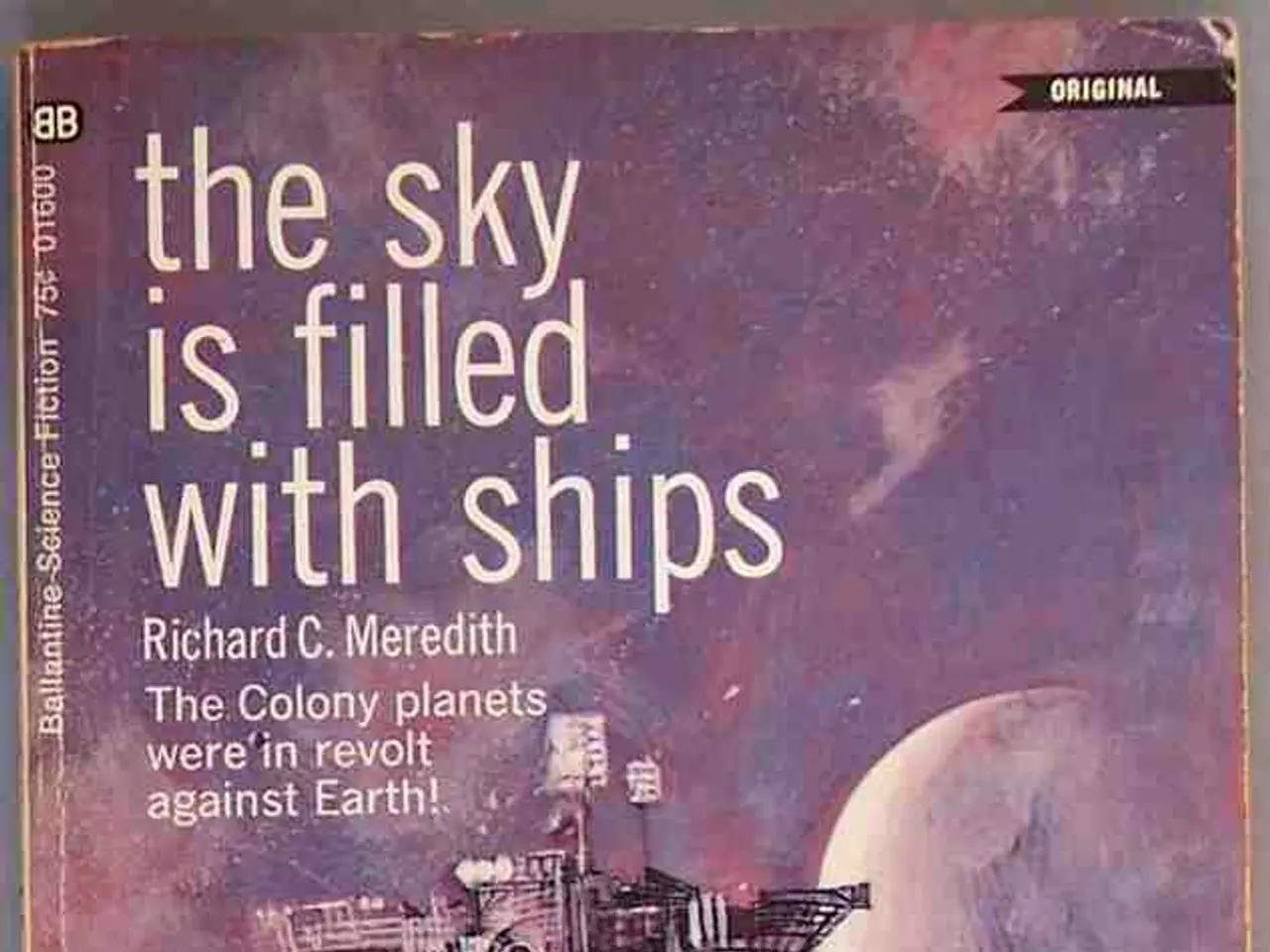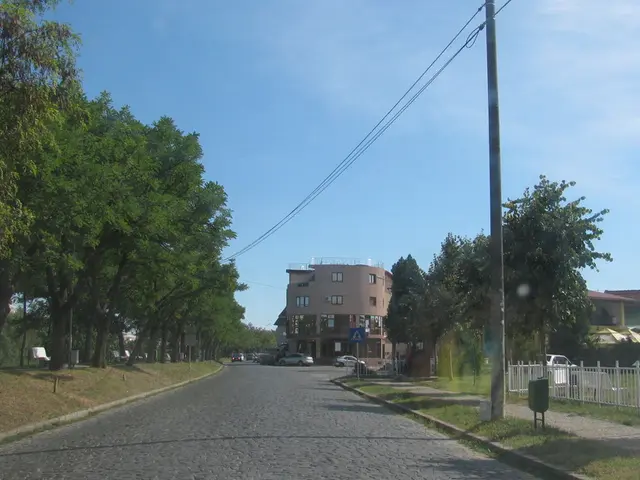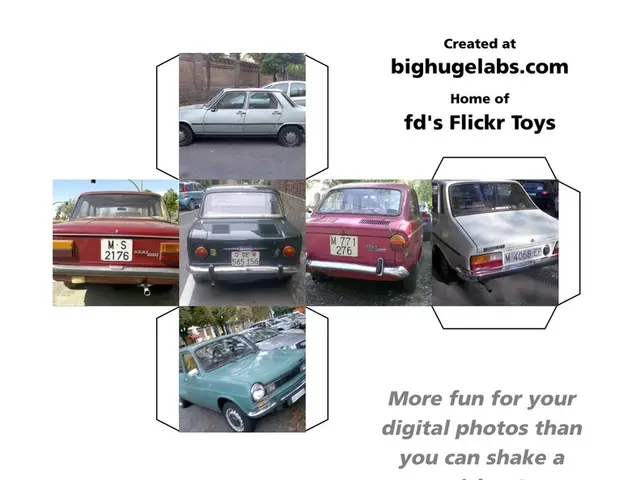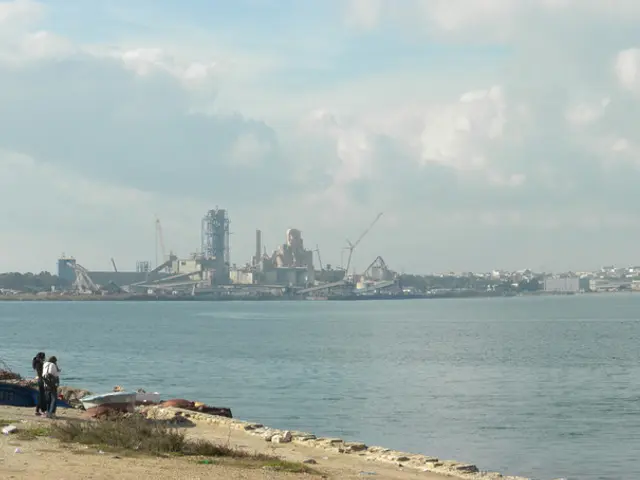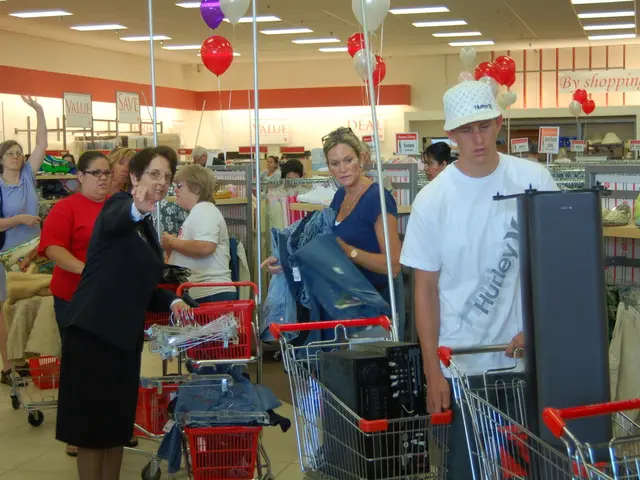Microsoft invests over a billion dollars in waste material, including human feces, for AI pollution mitigation - company plans to inject waste underground to counteract AI greenhouse gas emissions
Microsoft has entered into a significant carbon offset agreement with Vaulted Deep, a waste management company, worth over $1.7 billion. This 12-year agreement, running until 2038, aims to remove up to 4.9 million tonnes of carbon dioxide from the atmosphere.
The unique approach of Vaulted Deep lies in its focus on organic waste, such as manure, sewage, and agricultural byproducts. Instead of extracting carbon dioxide from the air or electricity production, these wastes are sourced and then injected deep underground to prevent decomposition and the release of greenhouse gases into the atmosphere.
However, the specific financial terms of the deal between Microsoft and Vaulted Deep have not been publicly disclosed. It is worth noting that in emerging carbon removal markets, scale and innovation often drive cost reductions. Nevertheless, no explicit confirmation for cost reductions in this deal can be found in the available sources.
This deal is part of Microsoft's broader aggressive carbon removal strategy. Other large purchases of durable carbon removal credits are also planned, aiming to offset carbon emissions from data centers, which consume significant electrical power, often from fossil fuels.
The waste, combined into a thick slurry, is injected about 5,000 feet underground to prevent it from decomposing and releasing carbon dioxide into the atmosphere. However, it's important to note that decomposition of wastes in these methods can also lead to pathogens entering groundwater.
Microsoft has previously invested in other companies to help offset its greenhouse gas emissions. In April of this year, Microsoft signed a deal with AtmosClear to sequester 6.75 million metric tons of carbon dioxide.
The current cost of CO2 removal with Vaulted Deep is $350 per ton, according to Inc. CEO Julia Reichelstein expects costs to drop over time, and the mentioned price isn't the actual sum that Microsoft paid.
Meanwhile, other tech giants are also making strides in reducing their carbon footprint. Many, including Google, Amazon, Oracle, and others, are investing in small modular reactor research to establish clean energy sources for their expanding data center businesses.
However, not all news is positive. Elon Musk's company, xAI, is facing legal action in Memphis, Tennessee, for allegedly polluting the air with under-reported power generators at the Colossus Supercomputer.
In conclusion, Microsoft's deal with Vaulted Deep is a significant step towards reducing its carbon footprint and demonstrates the potential of innovative waste management solutions in the fight against climate change.
Read also:
- Deepwater Horizon Oil Spill: BP Faces Record-Breaking Settlement - Dubbed 'Largest Environmental Fine Ever Imposed'
- Expansion of railway systems, implementation of catenary systems, and combating fires: SNCF adapting to the summer heatwave
- Citizen Thekla Walker, Minister, advises: "Let's focus on our own homes first"
- British pension trust seeks minister's support for review of fiduciary obligations
